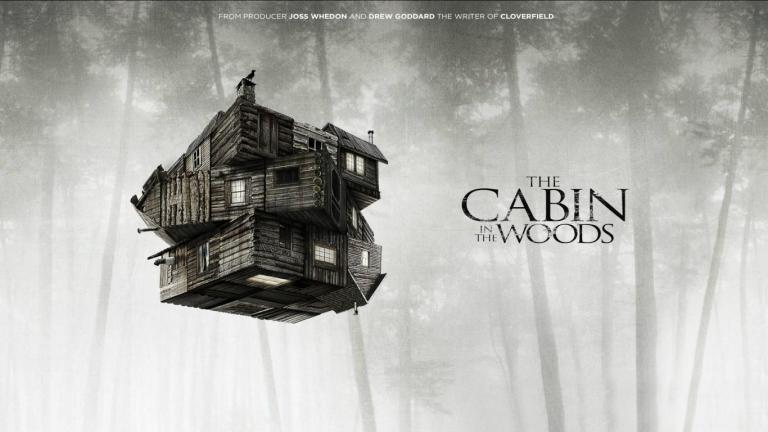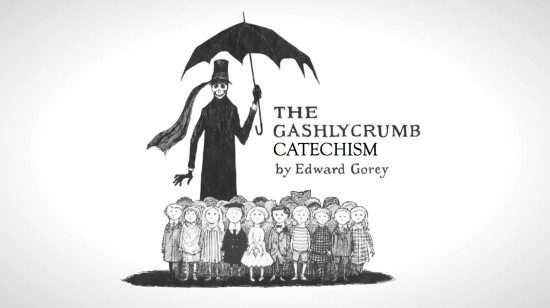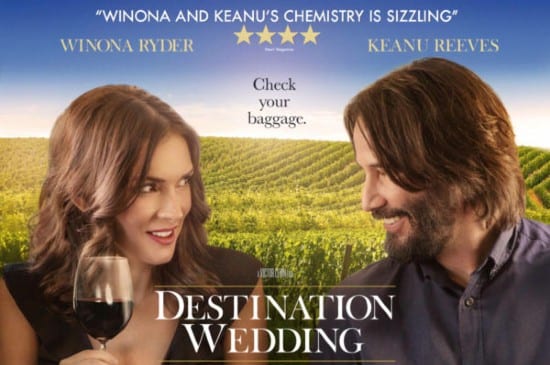Arun Rath had a good piece on NPR’s weekend All Things Considered about the problematic legacy of H.P. Lovecraft: “Horror of Horrors: Is H.P. Lovecraft’s Legacy Tainted?”
On the one hand, as Rath says, “It’s hard to overstate his influence on fantasy and horror fiction.” But on the other hand, Rath notes, “H.P. Lovecraft was racist — really, really racist.”
He discusses this aspect of Lovecraft’s enduring influence and popularity with Laura Miller, who wrote about Lovecraft last month for Salon. This exchange struck me as insightful:
RATH: Laura, once I learned the depth of Lovecraft’s racism, it became impossible for me to read the stories the same way. They just seemed filled [with] anxiety about WASPs losing control of the world.
MILLER: Yeah. I mean, I think that when you recognize how entwined the racism is with the morbidness and the anxiety and the phobia and the dread that we think of as the signatures of H.P. Lovecraft’s fiction, in a weird way it gives you a certain element of insight into racism itself.
You know, one of the great things about Lovecraft is that this hot mess of his psyche is just, like, right there. It’s like almost like an autopsy of a really, really messed up personality as well as a story. And I actually feel like it probably teaches us a lot about those attitudes for the next time that we encounter them.
Lovecraftian themes emerged again as I headed off to work Sunday night. My younger daughter is home for a short fall break, and so she and my wife planned a Sunday night scary Netflix marathon — starting with The Cabin in the Woods.
Here’s where the **SPOILER ALERT** kicks in, because spoilers are almost impossible to avoid when discussing that movie, which has at least three big twists in its plot and meta-plot and meta-meta-plot.
Drew Goddard and Joss Whedon’s movie is so twisty and twisted, actually, that I think it may be spoiler-proof. But still, if you haven’t seen it yet, and you still hope to see it eventually without any potentially experience-spoiling foreknowledge of its story(-ies), then be warned.
OK, then.
The Cabin in the Woods is a story about stories — and about what the stories we want to tell can tell us about ourselves.
It’s also a horror movie about penal substitutionary atonement. It’s a horror movie about how every horror movie is about penal substitutionary atonement.
Not in so many words, of course. That particular theological term is never used. The way the movie puts it is this, from the “Director” played by Sigourney Weaver:
Your deaths will avert countless others. You’ve seen horrible things, an army of nightmare creatures. But they are nothing compared to what came before, what lies below. It’s our task to placate the ancient ones, as it’s yours to be offered up to them. Forgive us and let us get it over with.
These “ancient ones” are something out of Lovecraft — massive horrors from the ancient past, semi-sleeping beneath the earth. And they require blood. Without the sacrifice to appease them, they will destroy the entire world.
The horror story of Cabin, in other words, isn’t all that different from the horror story that some Christian theologies have come up with to explain why Jesus was crucified. The difference is that in those theologies, the bloodthirsty Ancient One demanding a sacrifice lest he destroy everyone isn’t Lovecraft’s Cthulhu, but the God of Abraham.
In those theologies, in other words, the God of Abraham acts like the creepy primordial elder gods that rose up from the fever-dreams of H.P. Lovecraft’s really, really racist subconscious. (Thus, Calvinism.)
My point here isn’t to try to refute that theological claim or to defend the Almighty from the awful accusation that this theory of “penal substitutionary atonement” makes against God. Instead, I just want to go back to what Laura Miller said about Lovecraft’s unintentionally transparent psyche:
This hot mess of his psyche is just, like, right there. It’s like almost like an autopsy of a really, really messed up personality as well as a story.
Our taste in theological stories, like our taste in horror stories, can tell us a lot about ourselves.

















